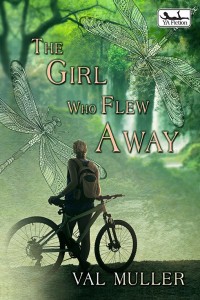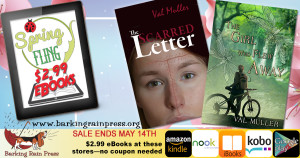I promise I’m reading grown-up books, too, but these middle-grade and YA books are so easy to read while keeping an eye on the toddler. Speaking of whom…I’m doing lots of research into books that she might like to read when she gets a bit older.
Hence, my purchase of The Lemonade War from a consignment sale. Actually, my husband, a fellow freedom-lover and pure-market capitalist, spotted the series.
The book follows Evan, a rising 4th grader, and his younger sister Jessie, a rising…also 4th grader. It turns out that his brilliant sister, who is just over a year younger than him, has been promoted straight through to the 4th grade. Evan is less than happy, and the two decide to battle it out via a “lemonade war,” a battle to see who can make the most money via lemonade stands in the last few days of the summer.
There are all sorts of underlying issues in this brother-sister relationship, including clashing personalities and strengths, young crushes, and hurt feelings.
It wasn’t until around page 35 that I got into the book, which is odd for a middle grade novel (for me). What rubbed me the wrong way was that the relationship between Evan and Jessie is so strained, right from the start. However, that proved to be one of the book’s strongest assets in the end: the constant tension caused the characters to make decisions that perpetually drove the plot so that I couldn’t help but finish it to the end as quickly as I could.
What I especially enjoyed was the reason we got the book in the first place. Through the novel, the siblings run their own lemonade stands, and in doing so, they learn the basics of economics, including cost, profit, competition, and even the need for expensive licenses. There are several pages in the book that include hand-drawn math equations, which would help a young reader visualize the economics involved in the lemonade business and encourage them to solve problems along with the characters.
For its balance of education and entertainment, I’m putting this one on the shelf to save for my daughter.









